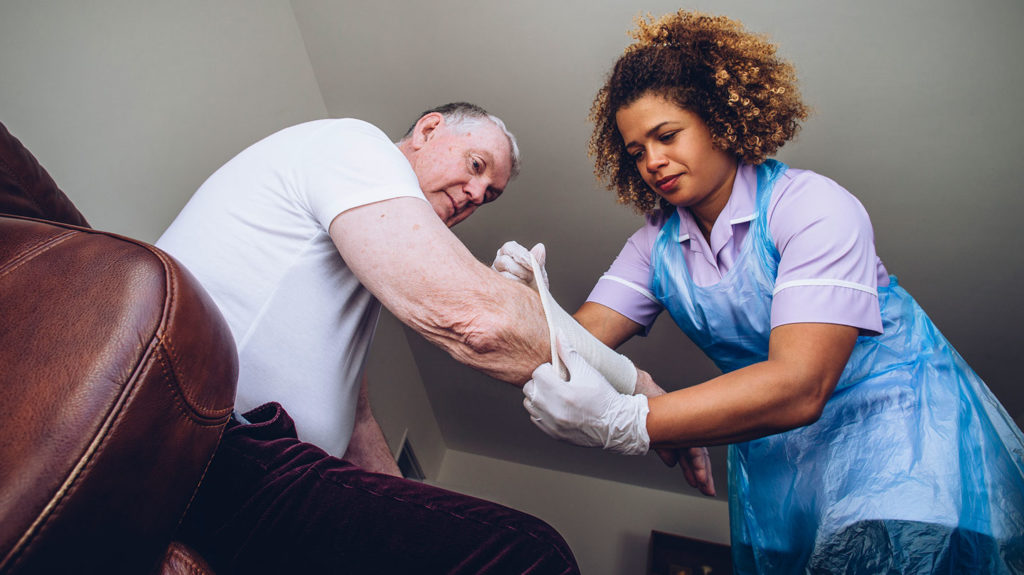
Long-term care providers are being urged to ensure they have proper arbitration agreements in place after a jury ordered a $12.35 million verdict against a major operator upon finding it mostly responsible for a 72-year-old woman’s pressure sore.
The verdict was handed down Friday against Life Care Centers of America in the Florida Ninth Circuit Court. Life Care Centers, which operates more than 200 skilled nursing facilities in 28 states, told McKnight’s Long-Term Care News on Wednesday that it plans to appeal the verdict.
“While we understand that the current litigation climate is unfriendly toward nursing homes, we were disappointed in the outcome,” the operator wrote in an e-mailed response. “We do believe legal errors were made during the trial for which we plan to appeal. We continue to stand with and support our leadership and facility staff at Life Care Center of Orlando, as well as our other facilities across the country, for the heroic care they provide to our residents every day.”
The $12.35 million award stems from a 2017 case brought by Carol Reed, who has spina bifida and developed a bone-deep pressure sore during her month-long stay at the Life Care Center of Orlando while recovering from a broken leg, CVN first reported. Reed
Life Care argued that Reed’s care at the facility was proper and included staff directives to reposition her as needed so pressure sores wouldn’t develop. The company also argued that Reed didn’t heed warnings from staff and still chose to lie in positions that increased the likelihood of pressure sores.
“They’re working with her and telling her… ‘Bring the head of the bed down a little bit, but she doesn’t want to do it,” Life Care’s attorney Robin Khanal argued during trial. “That’s her right.”
Reed, however, urged that her mobility was limited due to her broken leg and the staff failed to reposition her properly. She argued that days after she left the facility she was hospitalized with an illness that was associated with a severe, deep bone pressure sore. The sore required long-term treatment and limited her daily life, according to Reed.
“Their answer is ‘You should have been taking care of yourself.’ This was not a do-it-yourself job,” Reed’s representation argued. “Why was she there if she could do it herself?”
The total damages includes more than $1.7 million for Reed’s medical expenses and more than $10.6 million for her pain and suffering.
“I think this proves that even when you have good experienced attorneys like this, when you’re dealing with a long-term care case in the unpredictable setting of a jury trial, it’s exactly that — it’s unpredictable,” Florida-based attorney Donna Fudge told McKnight’s Wednesday. Fudge, of Fudge Broadwater, P.A., was not involved in the Life Care case nor was any other attorney at the firm involved.
Fudge, who has tried about 30 cases involving nursing homes or assisted living facilities to a jury verdict or arbitration award, said arbitration forms offer greater predictability and cost savings because it can resolve matters much quicker.
She also said operators should be aware of and rely on federal health regulations concerning pressure injuries and standards of care for nursing home residents. She recommended using resources from the National Pressure Injury Advisory Panel
“Providers, in my opinion, want to make sure that they have an arbitration agreement in place in their admission contract,” Fudge warned. “They [should] hire a firm to look at that arbitration agreement and make sure it’s drafted properly, and providers need to train their admissions personnel to make sure the arbitration agreements are being properly executed.”





